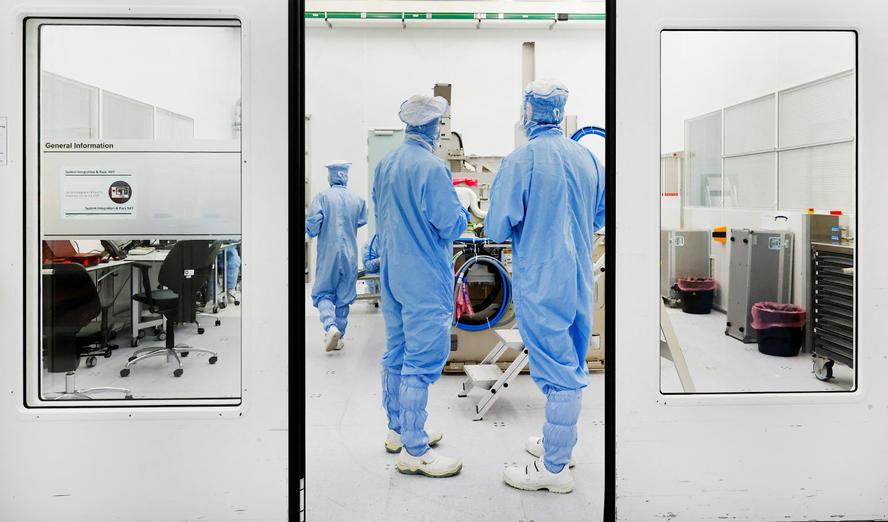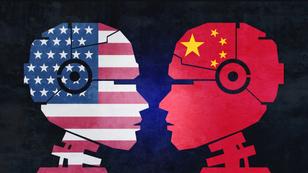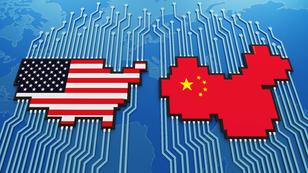In October 2022, the United States imposed sweeping restrictions on the export of advanced chips and chip-making equipment. The move, which followed steps taken in the first Trump administration to curtail China's access to cutting-edge semiconductors, jump-started a comprehensive effort to cut China off from the world's most powerful computer processors—the inputs required to develop and run sophisticated artificial intelligence systems that could be used to power autonomous weapons, conduct mass cyberattacks, and augment intelligence collection.
Officials knew that U.S. export controls could not succeed on their own. The semiconductor supply chain is global, and countries such as Japan, the Netherlands, and South Korea produce equipment, materials, and components that are key to chip production. Truly hindering China's progress would require persuading those countries to act in concert with the United States. Officials in the first Trump administration successfully pressured the Dutch to stop selling its most advanced chip-making equipment to China. Building on this effort, the Biden administration began a systematic diplomatic push to curtail China's access to advanced technologies.
This approach has obvious upsides. Other countries produce semiconductor technologies that would greatly enhance China's ability to manufacture advanced chips. The Dutch firm ASML, for example, is the only company in the world currently able to build the extreme-ultraviolet lithography machines needed to print intricate designs on the most advanced chips. Plurilateral controls also prevent Chinese firms from simply replacing U.S. equipment with, say, Dutch or Japanese alternatives.…
The remainder of this commentary is available at foreignaffairs.com.



